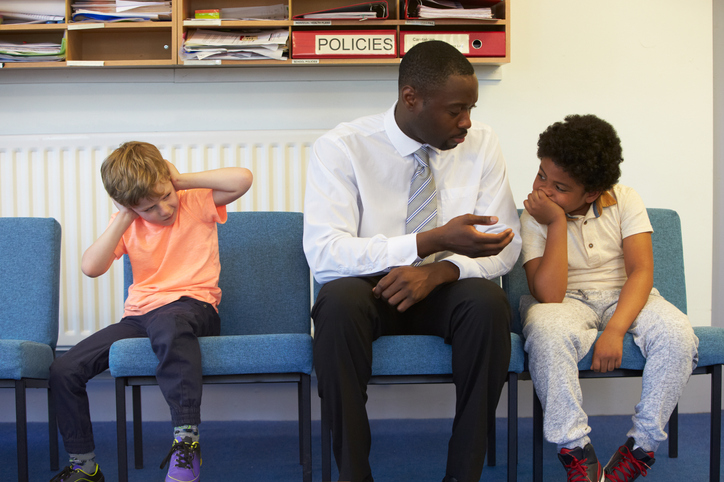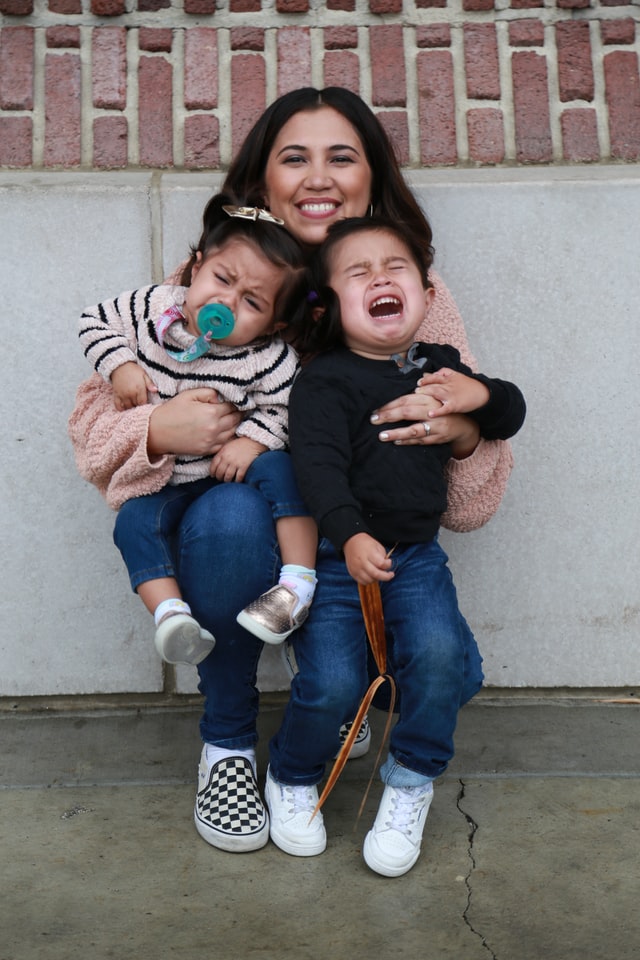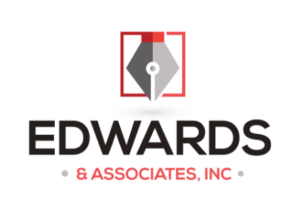Social Emotional Learning
What is Social Emotional Learning?
The process through which children and adults acquire and effectively apply the knowledge, attitudes, and skills necessary to understand and manage emotions, set and achieve positive goals, feel and show empathy for others, establish and maintain positive relationships, and make responsible decisions. (CASEL)
Background Summary
- 1 in 5 children in North America suffers with some form of social, emotional, or mental health issue (Waddell et al, 2002)
- Extensive research has shown that programs designed to promote social and emotional competence in students produce important outcomes, including an average gain if 11 percentile points in academic achievement. (Durlak et al, 2011)
- Early interventions, such as the direct teaching of social skills to children, may put them at less risk in the future
- Missions for school improvement and turnaround strategies that include social and emotional development can use additional tools to achieve established goals
(prior to the pandemic of 2020)
The top 10 education issues identified in a recent Georgia survey included: the importance of early learning, teacher recruitment and retention, student mental health (1 in 10 students have mental health issues that impede learning), and the role of K-12 in preparing a local workforce. Additionally, research showed that Georgia was experiencing a high rate of school suspensions, beginning in Pre-K and disproportionate to males of color, along with a chronic absenteeism rate between 10-15%. Other issues of concern included school climate and school safety.
Issues of Concern - School Level
- Academic achievement levels
- Student disruptive behaviors
- including student-student and student-teacher fights
- Classroom behavior management
- Teacher retention/turnover rates
- Non-renewals of teacher contracts
- Parental/Family engagement
Efforts to Address Behavioral Issues
- Removed students from the classroom
- Utilized in-house suspension, external suspension, expulsion
- Increased campus security officers
- Hired local police officers
- Installed metal detectors; used other security technologies
- Established peer review teams for behavior management
- Implemented Positive Behavioral Intervention & Supports (PBIS)
Problem Solved?
No, there is still work to do.
Many of these challenges are still before us.
We need a new operating paradigm.
The Need
Our nation is truly at a turning point. We now understand that social and emotional development underpin children’s academic learning, growth, and success. Early intervention, strategies, and tools to address social and emotional learning for educators, parents, students, and our nation at-large are needed.
The Solution
Providing training on social and emotional learning as an integral part of everyday learning has been identified as a viable solution to many of these challenges. Social and Emotional Learning (SEL) has become a coordinating framework for how educators, families, and communities partner to promote students’ social, emotional, and academic learning in a growing number of schools and districts. Research shows that it works! (CASEL)
Where utilized, social and emotional learning creates a welcoming, participatory, and caring climate for learning. Additionally, impacts reported include increased academic achievement, decreased suspensions and disciplinary actions, increased teacher retention (due to better classroom management), increased school safety, decreased bullying activities, and an overall improved school climate.
The Product/Program

Edwards & Associates, Inc. recommends Tools for Life® Relationship-building Solutions to teach social and emotional learning skills. It is a resource that helps students (ages 2 through 8th grade) gain self-control and build self-esteem. It is a comprehensive guide for building effective communications and relationship skills.
Tools for Life® social and emotional relationship-building strategies have been utilized in public and private schools as well as in early learning centers.
Developed over 20 years ago by a mental health agency that supports the needs and wellbeing of all children, the Tools for Life® program has been implemented in hundreds of classrooms and helped thousands of students. Today, the program is comprised of 6 modules for children: Early Years – ages 2½ to 4, Kindergarten, Grades 1 and 2, Grades 3 and 4, Grades 5 and 6, Grades 7 and 8.
Tools for Life …
- Builds social and emotional skills
- Teaches respectful communication
- Promotes positive behaviors that enable students to cope with trauma and build resilience
- Provides students with strategies, tools, and a common language within a safe school environment
- Provides more time for teaching, and far less time in managing disruption and conflict
A unique component of the Tools for Life® program is a HomeSTART Kit for families and schools. The Tools for Life® Parenting Workshop Kit is designed for schools, early learning centers, and after-school programs to facilitate a workshop for up to 20 families at a time. Parents become better role models. There is greater harmony day-to-day, more cooperation, and better communication. Lots of shared activities make at-home learning moments frequent and fun. In fact, both children and adults actually enjoy the program, and that is why, in no small part, it works so well.
With the increased stress and challenge of instructing children virtually by teachers as well as the increased responsibilities on families to augment or, in some cases, to take the lead in instruction, it can be overwhelming. This stress can be felt by ALL parties involved – children, parents, and teachers. Learning strategies and having tools to more effectively manage feelings and behaviors is even more critical in today’s environment of hybrid instruction. Tools for Life® can be of great assistance.
To learn more about the components of Tools for Life® contact us. You may also access their website at: www.toolsforliferesources.com. Edwards & Associates, Inc. is the exclusive representative for Tools for Life® in Georgia.

